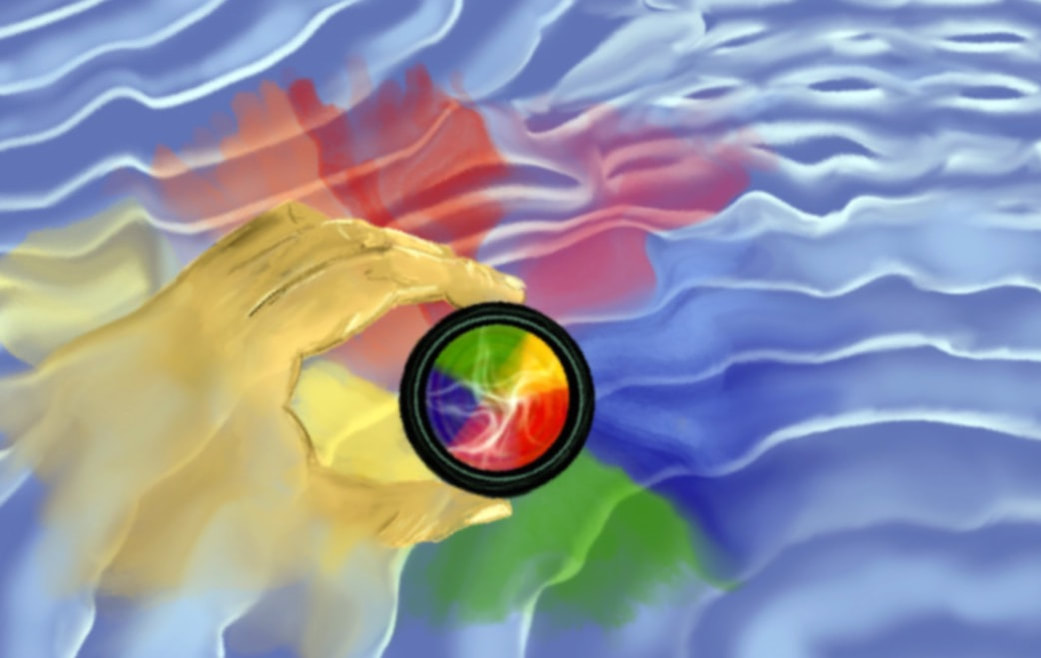|
Embarking on a PhD is an opportunity to dive into the unknown; for me this has been both exhilarating and terrifying. I have relished time to immerse myself in reading and thinking, even as the enormity of the challenge has seeped and threatened to derail my focus – there is so much I don’t know and so little time! My supervisor suggested writing a research blog as a way to develop my writing and document my thinking process. While I loved this idea in theory, I was less keen on the necessary public exposure of my nascent thinking. Then, without pause, I signed up for a graduate certificate[2] in which writing an online research blog is a mandatory requirement. I responded to the challenge gingerly, dipping my toes into the shallows to write and publish the required first two blog posts, while secretly hoping that no-one would ever read them. Now I have more fully embraced the opportunity to “think out loud” in public (Wilbur & Keene, 2019). Reframing not-knowing as an intrinsic part of my research and exploring it through the blog writing process has been central to this.
Not-knowing has been integral to my filmmaking process, with open playful exploration an essential component of a responsive making, reflecting and iterating method (Jones & Fripp, 2020). What I’ve realised through reading and thinking with phEmaterialism[3] however is that my view of academic research was grounded in more traditional understandings of knowledge creation that set gravitas and knowing as preconditions. Sharing my exploratory thinking (including the missteps) via writing a public blog takes the concept of not-knowing up a level. Adrienne Keene, in discussion with Kim TallBear on the All My Relations podcast, describes this as “consenting to learn in public[4]”. For TallBear thinking in public is an ethical and feminist act, one that invites feedback, triggers conversation and generates learning, thereby “dismantling hierarchies of knowledge production” (Wilbur & Keene, 2019). Blogs or podcasts that actively engage in listening and responding, practice a public facing scholarship that models “accountability to the communities about which and to which [they] speak” (McGregor, 2017) creating “little publics” through a form of public pedagogy (Hickey-Moody, 2013, 19-21). In a phEmaterialist frame, a playful not-knowing approach to research is an ethical and ‘response-able’ choice that takes account of the continuous dynamic intra-action of material, discursive and affective forces (Barad, 2007, 137-41). In this framing, as with creative practice, the researcher is not an aloof observer but implicated in and “entangled with” the research (Hickey-Moody, 2019, 2). This public act of tracing my not-knowing makes explicit dynamic intra-actions as they emerge through my (more and increasingly) open and responsive processes of discovery (Renold, 2018). Doing so has enabled me to reframe the role and value of this blog, and inspired me to learn in public more bravely. Notes 1 This idea draws on Karen Barad’s concept of diffraction as patterns of interference that “illuminate the indefinite nature of boundaries". In this framing public blog writing is a dynamic open and responsive process through which understandings emerge and are re-shaped by interferences. "This is not a static relationality but a doing–the enactment of boundaries–that always entails constitutive exclusions and therefore requisite questions of accountability” (Barad, 2007, 135) 2 Western Sydney University’s Graduate Certificate in Researcher Impact and Engagement is a course made available to PhD students at Western that “formalises the research training and skill development” undertaken through the PhD. 3 ‘PhEmaterialism’ is a contraction of Feminist Posthuman and New Materialisms in Education. It was created as the hashtag for the 2015 network conference, Feminist Posthuman New Materialism: Research Methodologies in Education: ‘Capturing Affect’ and has since become a collective term for posthuman and new materialist theories in education (Renold & Ringrose, 2019). 4 I came across the concept of “consenting to learn in public” while listening to a podcast interview with Kim TallBear. The conversation, primarily focused on TallBear’s critical polyamory work on heteronormative monogamy as a colonising project, but also included a discussion about TallBear’s writing/thinking in public through social media platforms as a form of feminist scholarship. References Barad, K. (2007). Meeting the universe halfway: quantum physics and the entanglement of matter and meaning. Durham: Duke University Press. Hickey-Moody, A. (2013). Youth, arts and education: reassembling subjectivity through affect. New York: Routledge. Hickey-Moody, A. (2019). Entanglements of difference as community togetherness: faith, art and feminism. The Social Sciences, 8(9), 264. doi:10.3390/socsci8090264 Jones, R., & Fripp, C. (2020). Playing with string. Screenworks, 10(2). Retrieved from https://doi.org/10.37186/swrks/10.2/5 McGregor, H. (Host). (2017, 23 November). Secret Feminist Agenda. https://secretfeministagenda.com/2017/11/23/bonus-episode-podcasting-public-scholarship-and-accountability/ Renold, E. (2018). ‘Feel what I feel’: making da(r)ta with teen girls for creative activisms on how sexual violence matters. Journal of Gender Studies, 27(1), 37-55. doi:10.1080/09589236.2017.1296352 Renold, E., & Ringrose, J. (2019). JARing: making phematerialist research practices matter. MAI: Feminism & Visual Culture, (4). Retrieved from https://maifeminism.com/introducing-phematerialism-feminist-posthuman-and-new-materialist-research-methodologies-in-education/ Wilbur, M., & Keene, A. (2019, 19 March). All My Relations. https://www.allmyrelationspodcast.com/podcast/episode/468a0a6b/ep-5-decolonizing-sex
0 Comments
Leave a Reply. |
BlogMy thinking about filmmaking as an affective, emergent mode of inquiry to explore experiences of gender in secondary school with young people through my doctoral research. Archives
December 2022
Categories
All
|
